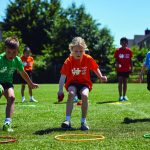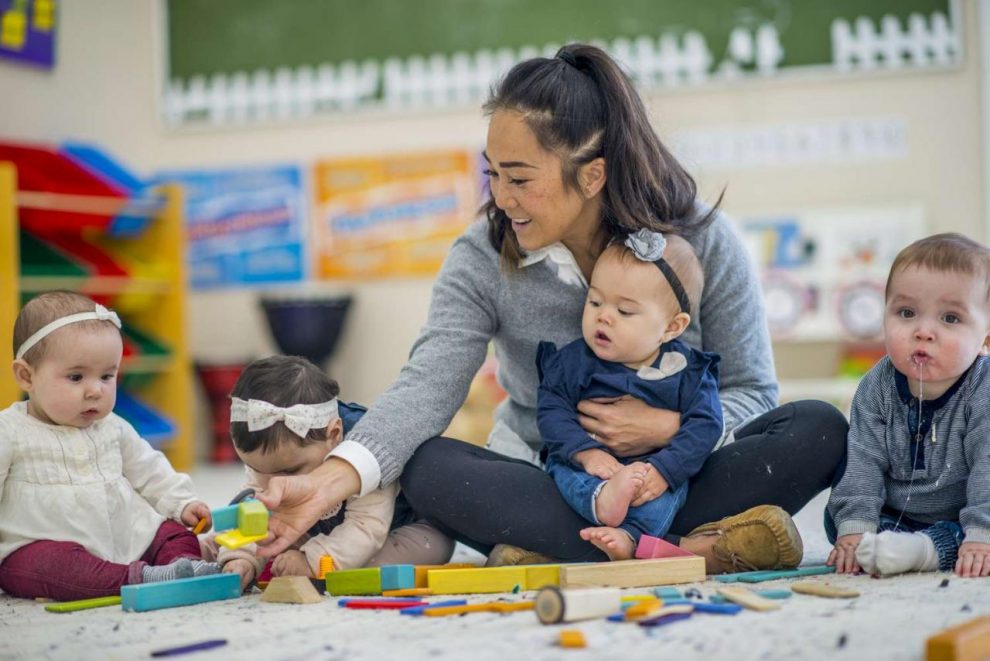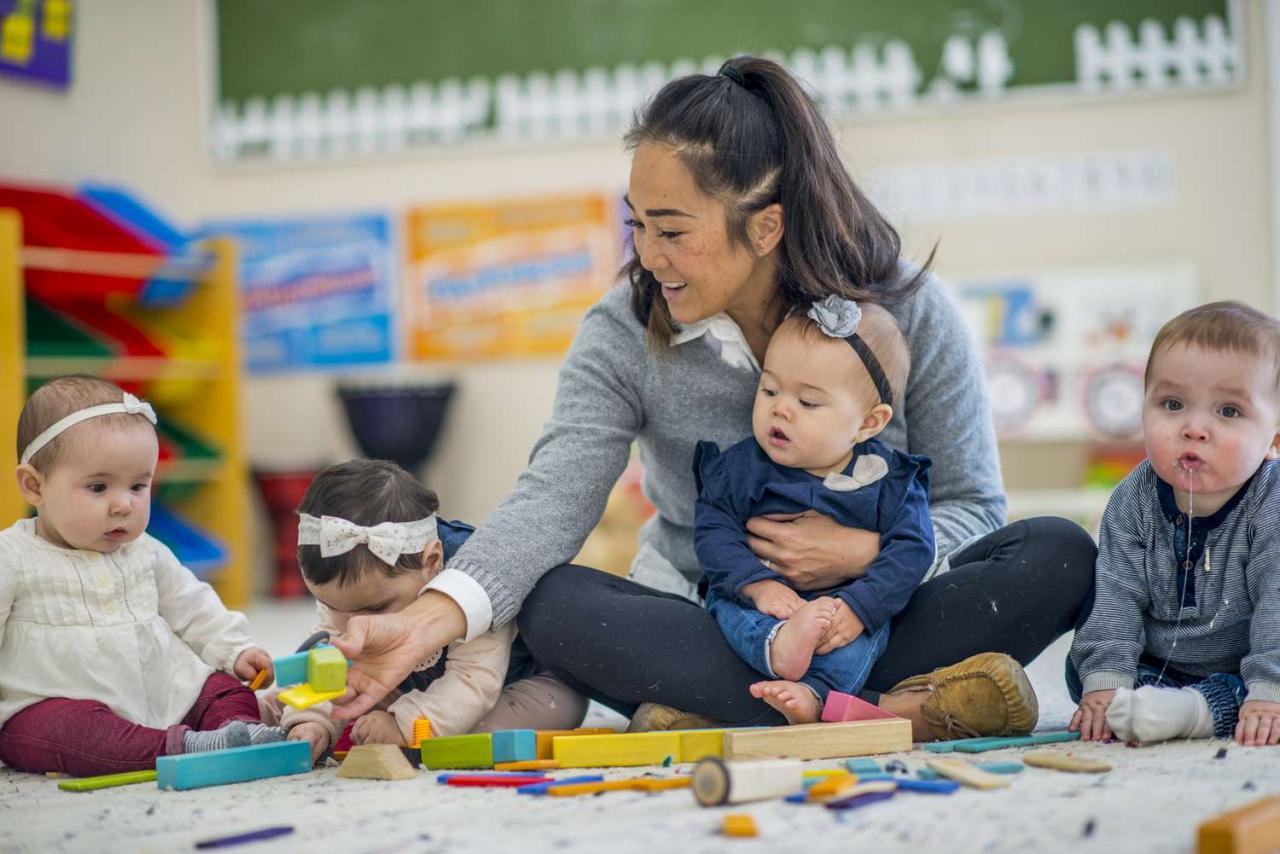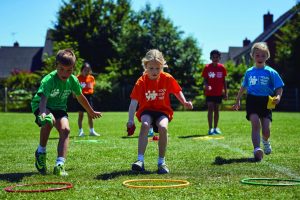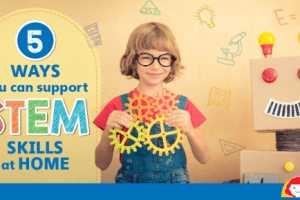Choosing the right preschool for your child marks an important milestone for any family. With so many options available, selecting a high-quality preschool that aligns with your priorities requires thoughtful consideration. This article explores factors to weigh when selecting a preschool program that fits your family’s individual needs and values.
Educational Approach and Curriculum
A preschool’s educational philosophy and curriculum vastly shape children’s learning experiences. When visiting prospective preschools, ask about the instructional approach and curriculum used in classrooms.
Some key aspects to consider are:
- Play-based learning: Does the curriculum provide extended periods of play? Play serves as the “work” of childhood that builds crucial developmental skills.
- Academic focus: Is the curriculum academically rigorous or more focused on social-emotional growth? Strike a balance between pre-academics and hands-on exploration.
- Specialty areas: Are extras like art, music, and STEM integrated or separate activities? Enrichment opportunities enhance learning.
- Assessment methods: How does the school track children’s progress? Ongoing observation and documentation offers a fuller picture of growth.
As child advocate Fred Rogers stated, “Play gives children a chance to practice what they are learning.” Ensure the curriculum encourages learning through developmentally appropriate play.
Program Schedules and Structure
Preschool program options range from half-day sessions to full-day care. Consider your family’s schedule and needs regarding:
- Hours: Do the operating hours fit with your work schedule and commute?
- Session length: Does a half-day or full-day program better suit your family?
- Calendar: Does the school close for extended periods that disrupt your arrangements?
- Transportation: Does the school provide busing if needed?
Additionally, examine the daily structure and routines in place. Consistent schedules with a balance of activities help children feel secure and engaged.
As early childhood expert Magda Gerber said, “Routines offer reassurances.” Look for predictable routines in prospective preschools.
Teacher Qualifications and Experience
The teachers make the difference between an adequate and truly outstanding early childhood program. When visiting a preschool, pay close attention to the training and qualifications of the teaching staff.
Some key indicators of quality include:
- Specialized education and credentials: Do teachers have degrees and certification in early childhood education specifically?
- Years of experience: Have they worked extensively with the preschool age group?
- Warm demeanor: Do teachers interact patiently, positively, and actively with students?
- Diversity and multilingual abilities: Do the teachers reflect and connect with your family’s background?
Teacher-child relationships carry lifelong impacts. As Maria Montessori, pioneering educator, asserted, “Children are human beings to whom respect is due.” Ensure teachers honor students as unique individuals.
Health, Safety, and Nutrition
All families deserve the peace of mind that comes with sending children to an environment that prioritizes health, safety, and nutrition. When evaluating programs, look for:
- Safe and clean facilities: Are hygiene practices in place and classrooms cleaned regularly?
- Outdoor safety checks: Are playgrounds inspected and appropriate for ages?
- Nurse on staff: Is someone available to assist if children become ill?
- Allergy awareness: Does the staff accommodate dietary restrictions?
- Nutritious meals: Are healthy, kid-friendly foods served?
According to child advocate Marian Wright Edelman, “Every child needs a champion.” The right preschool champions children’s well-being.
Family Involvement Opportunities
High-quality preschools recognize families are children’s first and most important teachers. Seek out a preschool that actively involves families through:
- Conferences and communication: Is there two-way contact about student progress?
- Parent education: Are workshops and trainings offered?
- Volunteer opportunities: Can family members visit classrooms or assist with activities?
- Events and celebrations: Does the school host special events that bring families together?
As famously stated by Dr. Seuss, “The more that you read, the more things you will know. The more that you learn, the more places you’ll go.” Selecting the ideal preschool launches your child’s educational journey – the possibilities are endless!
Conclusion
Choosing a preschool that aligns with your family’s needs and values takes time and discernment. Prioritize your must-haves like educational approach, schedules, teachers, and health/safety when weighing options. Visit schools to see if they meet your standards. With an ideal first school experience, your child will thrive for years to come. The seeds of lifelong learning are planted in preschool.



